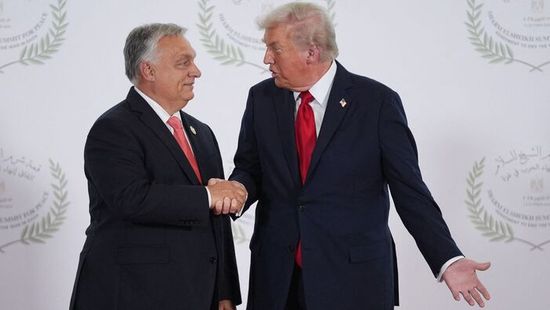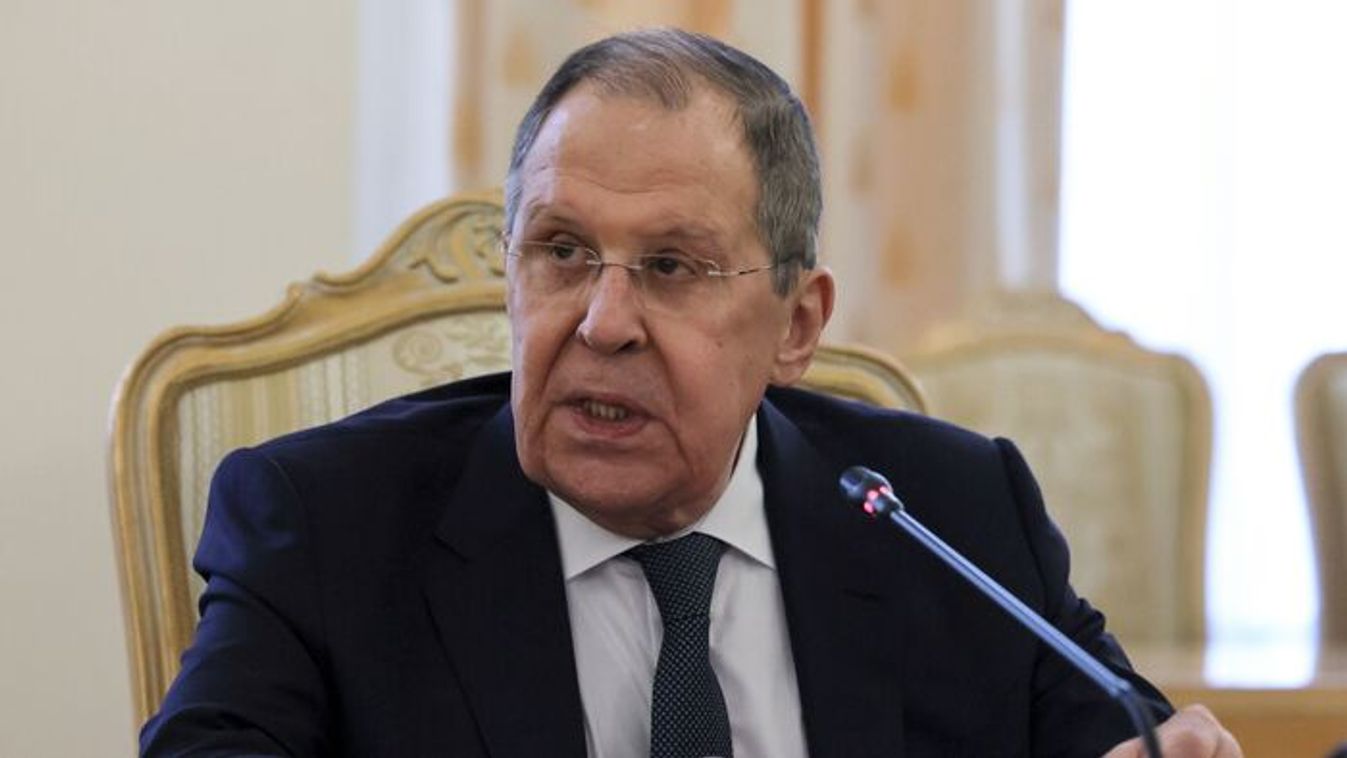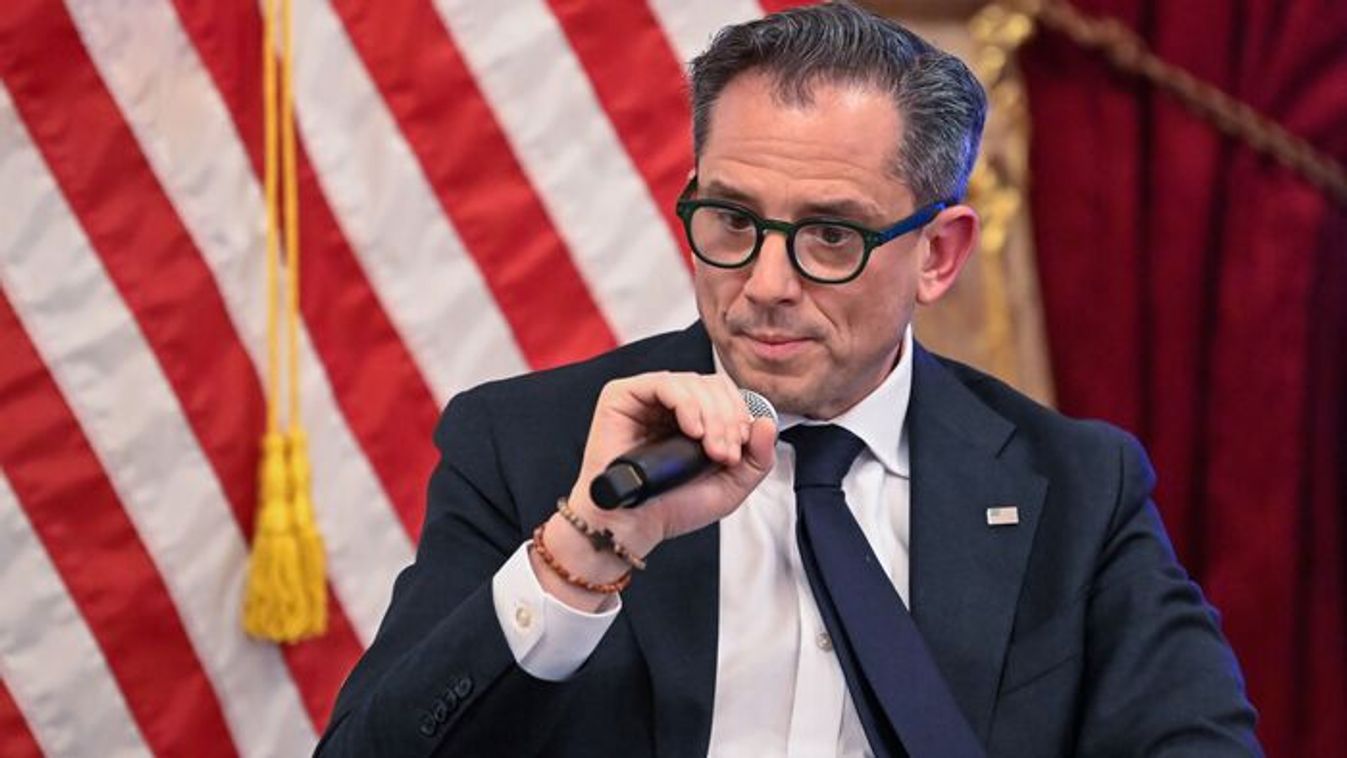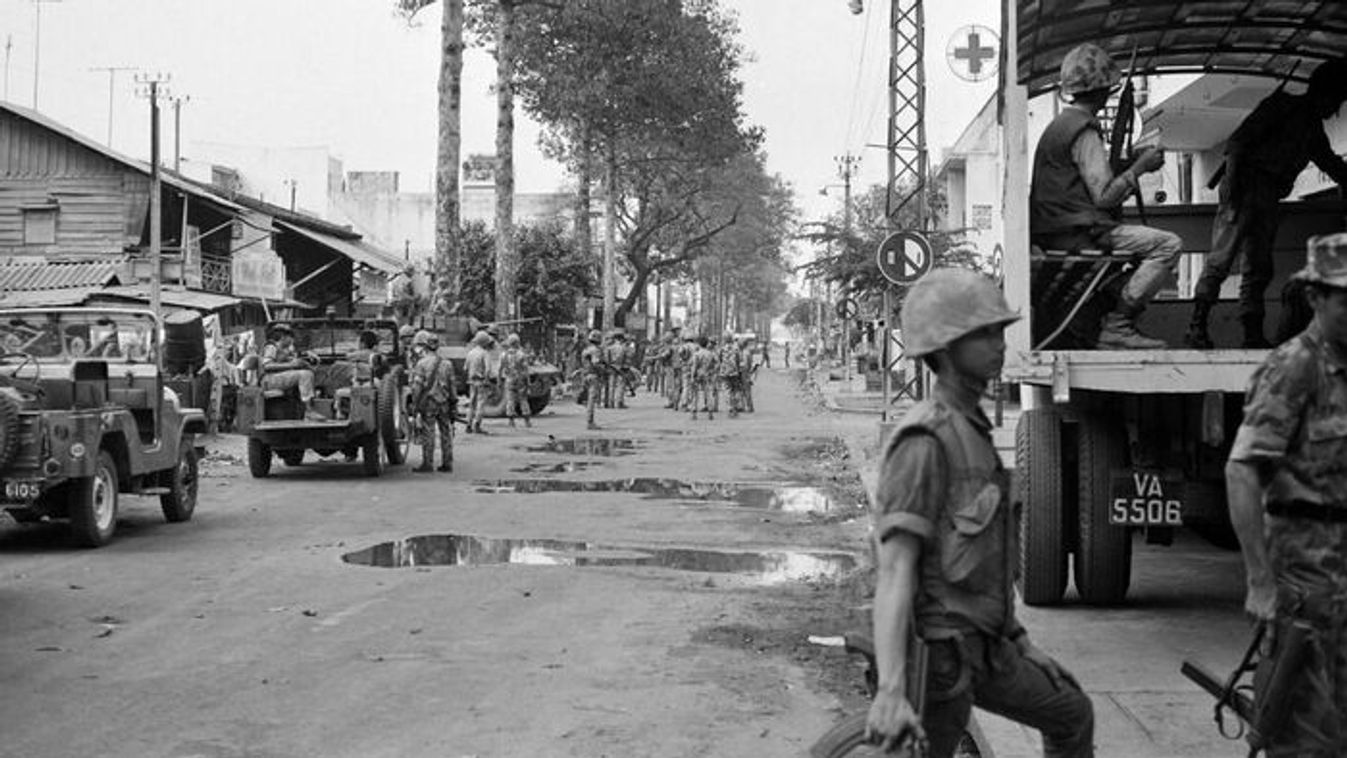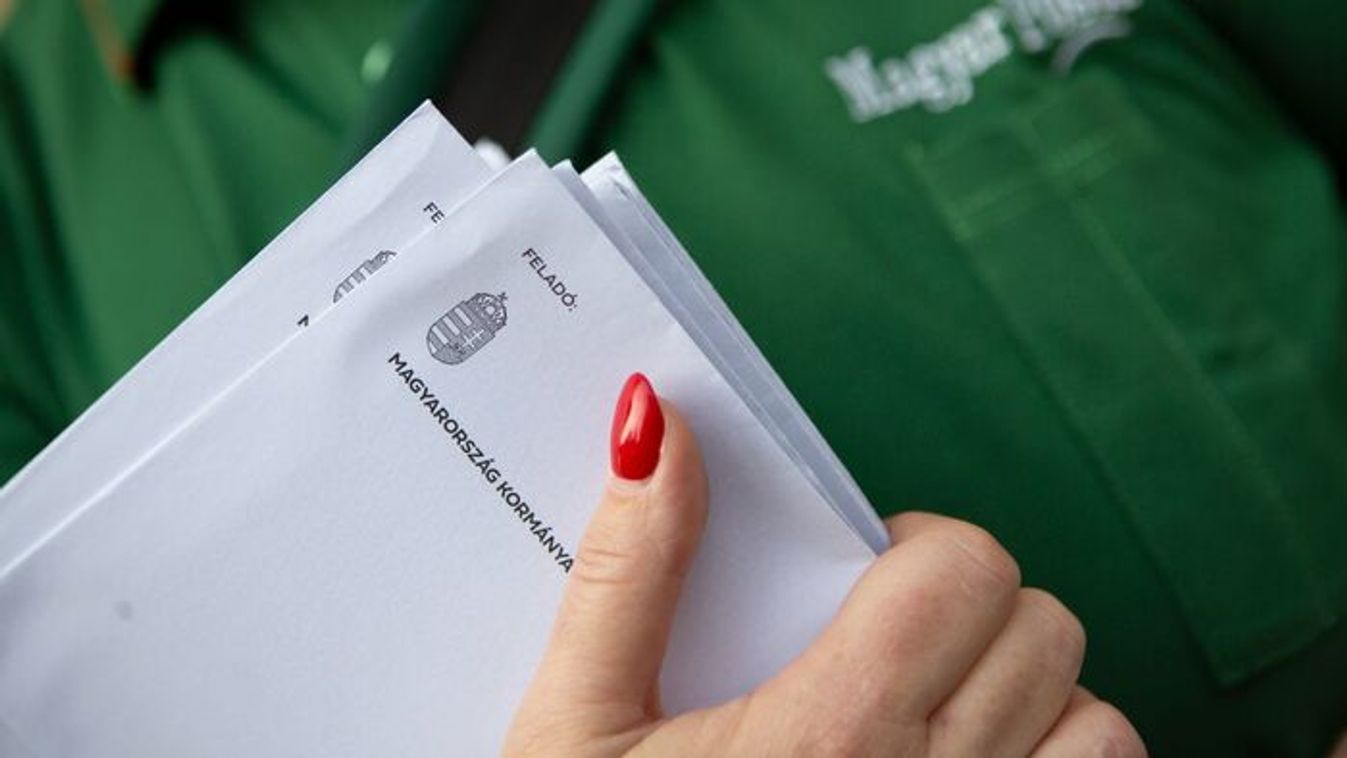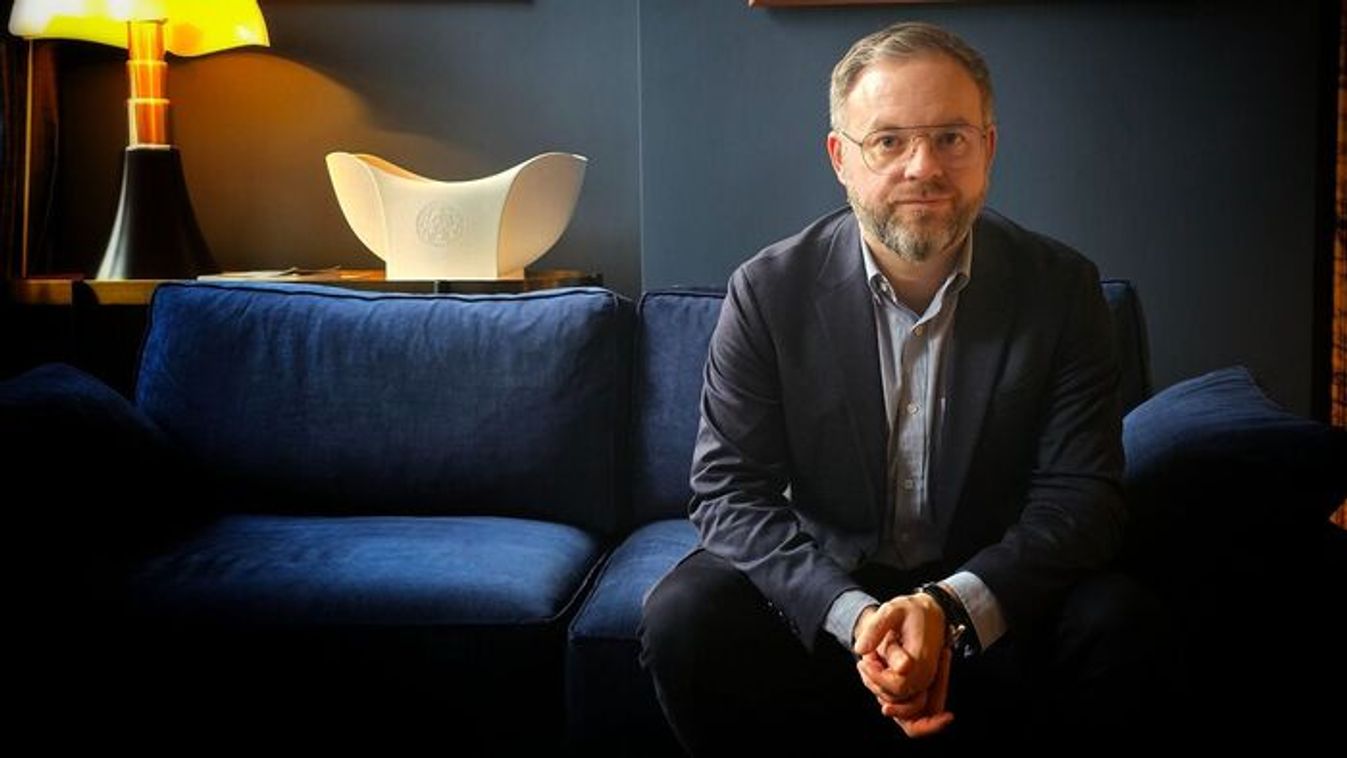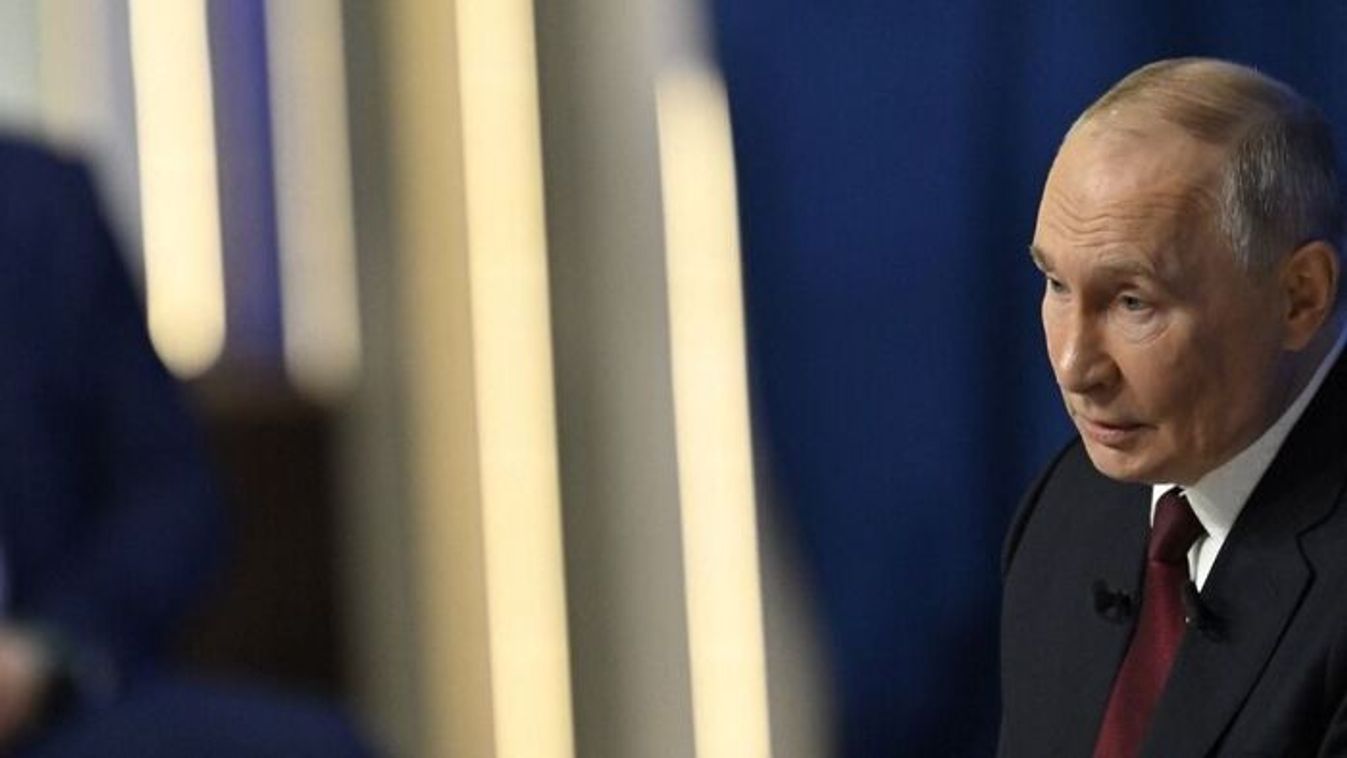„Politicians like stability. Bankers like stability. But the »stability« we have so long embraced in the Arab world wasn't really stability. It was repression. The dictators we have supported, or anyway tolerated - the Zine el-Abidine Ben Alis, the Hosni Mubaraks, the various kings and princes - have stayed in power by preventing economic development, silencing free speech, keeping tight control of education and above all by stamping down hard on anything resembling civil society. More books are translated every year into Greek - a language spoken by more than 10 million people - than into Arabic, a language spoken by more than 220 million. Independent organizations of all kinds, from political parties and private businesses to women's groups and academic societies, have been watched, harassed or banned altogether.
The result: Egypt, like many Arab societies, has a wealthy and well-armed elite at the top and a fanatical and well-organized Islamic fundamentalist movement at the bottom. In between lies a large and unorganized body of people who have never participated in politics, whose business activities have been limited by corruption and nepotism, and whose access to the outside world has been hampered by stupid laws and suspicious bureaucrats. Note that the Egyptian government's decision to shut down the country's Internet access over the weekend - something it can do because Internet access is still so limited - had almost no impact on the demonstrators. For all the guff being spoken about Twitter and social media, the uprising in Cairo appears to be a very old-fashioned, almost 19th-century revolution: People see other people going out on the streets and decide to join them.
We are surprised, and no wonder. For the past decade, successive American administrations have sometimes paid lip service to democracy and freedom of speech in the Arab world. Some American organizations, official and unofficial - the National Endowment for Democracy comes to mind - have supported independent human rights activists in Egypt and elsewhere. Some American journalists, such as my Post colleague Jackson Diehl, have cultivated Egyptian democrats, interviewed them, written about them. But to American presidents and secretaries of state of both political parties, other issues - oil, Israel and then the war on terrorism - always seemed more important. Our aid subsidized the Egyptian army and police, and the Egyptians know it. In Cairo, police were firing tear gas labeled »Made in the USA« at protesters.”
